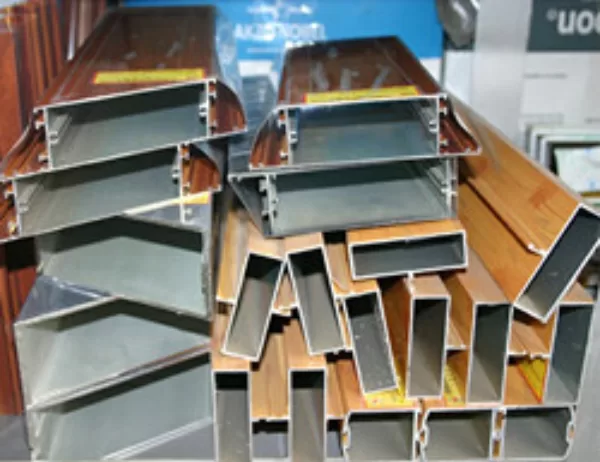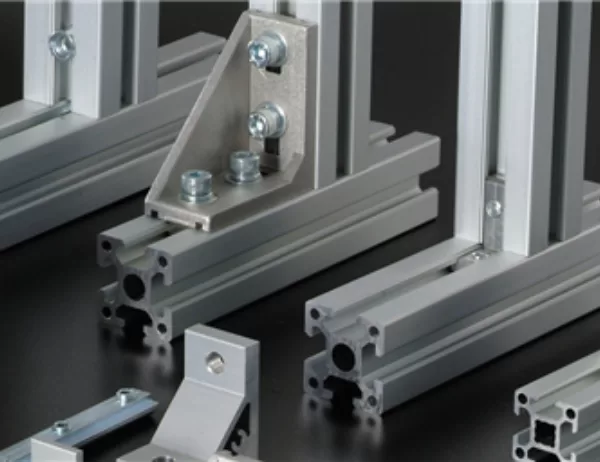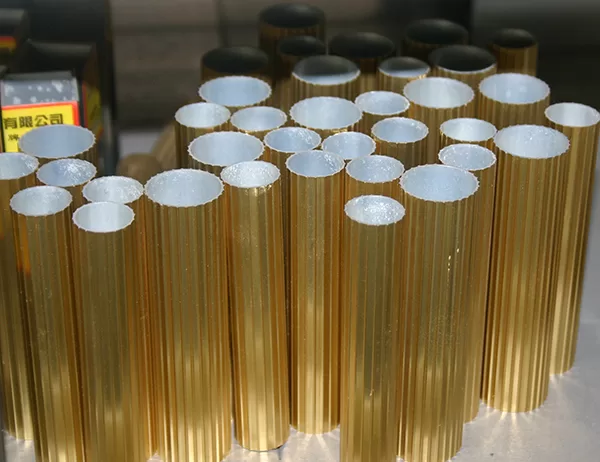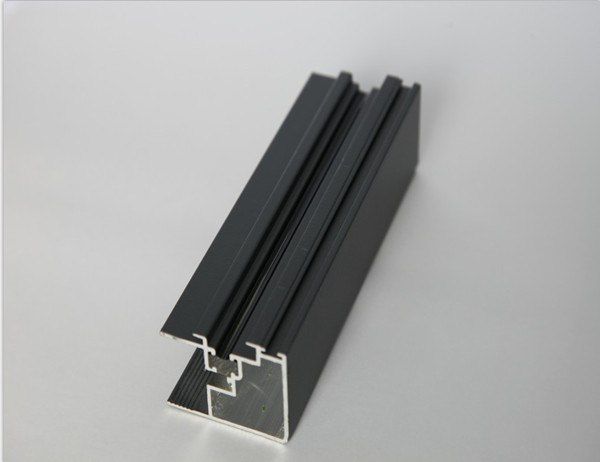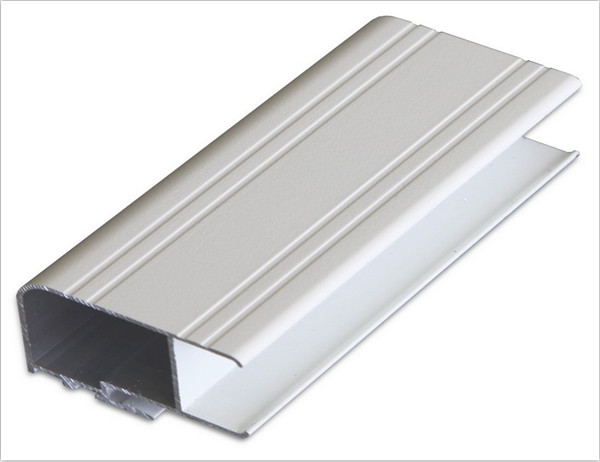Extruded aluminum tubes play a pivotal role in enhancing product performance across diverse industries. Their unique properties, combined with advanced extrusion techniques, enable the fabrication of lightweight, durable, and aesthetically pleasing components that meet the stringent demands of modern applications. This article delves into the profound impact of extruded aluminum tubes on product performance, exploring their multifaceted advantages and highlighting their extensive utility.
Extruded aluminum tubes boast exceptional structural integrity, offering superior strength-to-weight ratios. This inherent robustness allows manufacturers to design and produce products that can withstand demanding loads, impact, and vibration without compromising performance or reliability. The high stiffness of aluminum tubes contributes to their ability to resist bending and deformation, ensuring dimensional stability and long-term durability. Additionally, the corrosion resistance of aluminum protects against environmental degradation and maintains the integrity of extruded components over an extended lifespan.
The lightweight nature of extruded aluminum tubes is a key advantage, particularly in applications where weight optimization is crucial. Whether in aerospace components or automotive chassis, the use of aluminum tubes reduces overall weight without sacrificing strength or rigidity. This weight reduction translates into increased fuel efficiency, improved handling characteristics, and enhanced agility. Moreover, the versatility of aluminum extrusion allows for intricate and complex tube shapes that meet specific design requirements. This versatility enables manufacturers to create unique and functional components that optimize product aesthetics and functionality.
Extruded aluminum tubes exhibit excellent thermal conductivity, enabling efficient heat transfer and dissipation. This property is vital in applications involving electronics cooling, heat sinks, and automotive components. The high thermal conductivity of aluminum tubes facilitates the rapid and uniform transfer of heat away from critical components, preventing overheating and ensuring reliable operation. Conversely, extruded aluminum tubes possess good electrical insulation properties, which are crucial in electrical applications. Their non-conductive nature prevents electrical leakage and ensures safe and reliable operation of electrical systems.
Extruded aluminum tubes offer significant cost advantages over alternative materials. The efficient extrusion process, combined with the abundance of aluminum, makes aluminum tubes a cost-effective choice for high-volume production. Additionally, the recyclability of aluminum contributes to the sustainability of extruded aluminum tubes. The high recycling rate of aluminum reduces resource depletion and promotes environmental consciousness. By choosing extruded aluminum tubes, manufacturers can minimize waste and contribute to a circular economy.
Extruded aluminum tubes have a profound impact on product performance, offering a unique combination of structural integrity, lightweight design, thermal conductivity, and cost-effectiveness. Their versatility and ability to meet diverse application requirements make them the preferred choice for manufacturers seeking to optimize product performance, reduce weight, and enhance durability. As technological advancements continue to push the boundaries of aluminum extrusion, the impact of extruded aluminum tubes on product performance will only grow more significant in the years to come.
